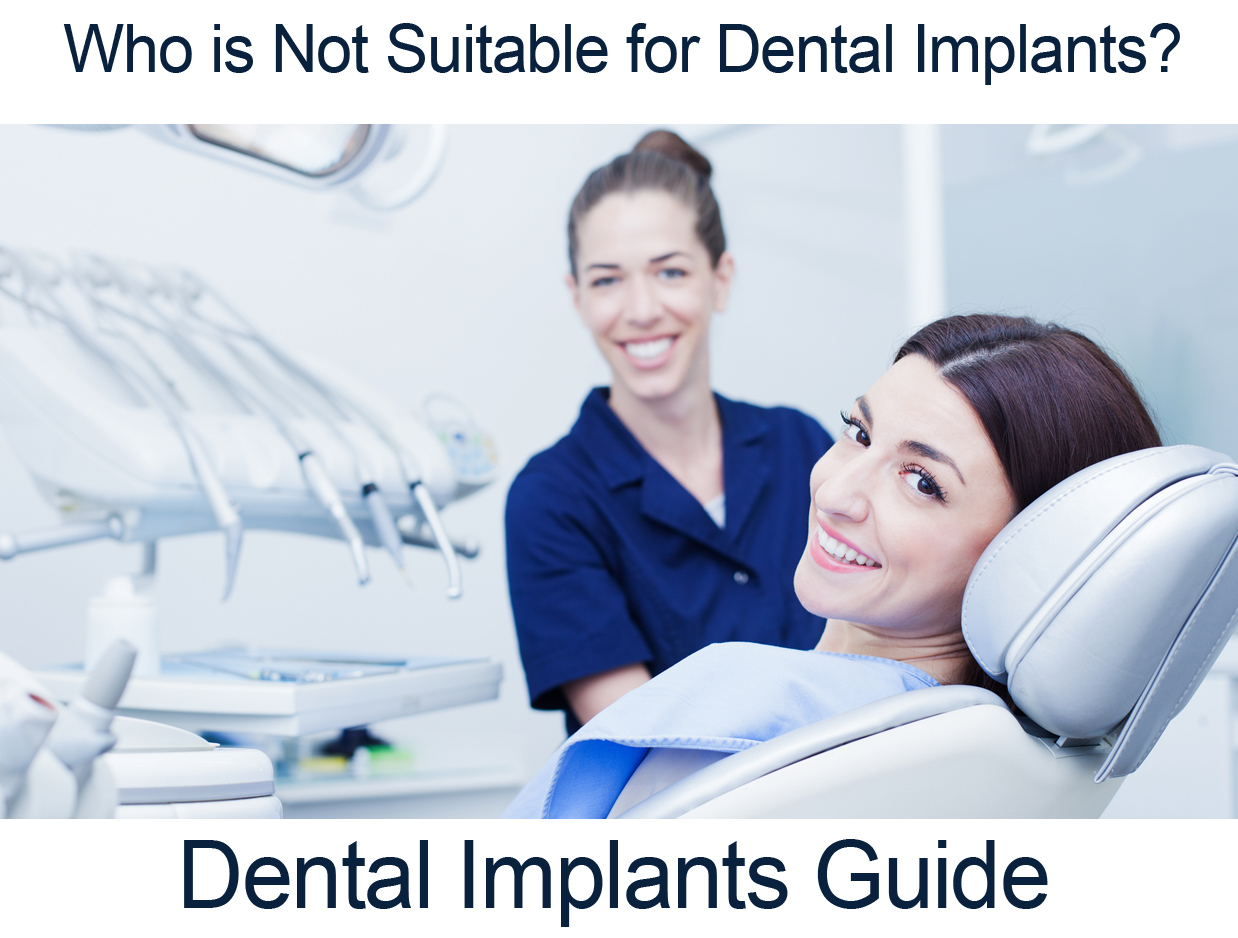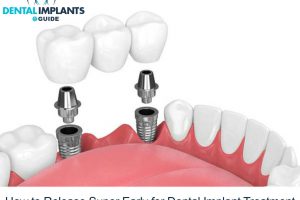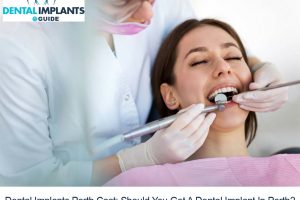Who is Not Suitable for Dental Implants?
Who is Not Suitable for Dental Implants?
Find out how old you are and whether you are a suitable fit for dental implants in Brisbane. Find out how long dental implants last and how effective they are.
High Quality Dental Implants Affordable Prices FREE Consultation


When is the best time to have dental implants?
People are leading longer and happier lives than they have in the past. However, if your teeth begin to fail, dental implants can be beneficial. They can help you keep eating what you want and laughing without the worry and humiliation that missing teeth and denture use can cause.
Dental implants are appropriate for people of all ages. In most cases, if you’re safe and willing to endure a simple dental operation like an extraction, you’ll be a good candidate. Being a nonsmoker, practicing good oral hygiene, having safe gums, and having enough bone in your jaw to anchor the implant all help.
Dental implant effectiveness does not have to be measured by age. Implants placed in stable, older patients with adequate bone will react predictably in the same way that implants placed in younger patients do. No one should have to live with a lower quality of life because they can’t feed, chew, sing, or smile.
You must be able to drive to and from your dentist’s office. You will be expected to attend multiple appointments in order to complete essential tasks. Before you fly, make sure you can get to your surgery for the care you need. Check out same day dental implants Perth.
Are dental implants suitable for me?
Dental implants are ideal for almost anybody who has lost a tooth, many teeth, or any of their teeth. There are only a few exceptions to this law.
You must be in good general health and have a healthy mouth free of tooth decay and gum disease (periodontal disease). Until implants may be mounted, any dental issues must be addressed.
Your dentist would want to make sure you have good oral hygiene because you’ll need to keep your teeth clean and plaque-free.
Heavy smoking, in particular, can slow the healing process and damage the gum and bone around the implant in the long run. Stopping smoking will greatly improve the outcome of your implant procedure.
If you have such medical problems, you may not be a successful fit for dental implants. Uncontrolled diabetes, blood clotting disorders, cancer, immune system issues, and substance addiction are among them. If you have a medical condition that prohibits you from getting implants, your implant dentist will be able to tell you.
Since their bone tissue is not fully developed and their jaw is still developing, young people under the age of 18 should delay getting implants.
(Discuss your dental situation with us)
How do I know if I’m a good candidate for dental implants?
A professional consultation and evaluation will be the first step. This will include a comprehensive review of the medical and oral histories. Your mouth will be examined by the implant dentist, who will most likely take X-rays, photos, and models of your teeth.
The dentist will use all of this information to decide the best location for an implant, the number of implants that should be inserted, and the volume and consistency of bone in your jaw.
The appointment will help the dentist schedule the implant procedure and provide you with a written treatment plan as well as the related costs.
You will be able to make an informed decision about your treatment after a comprehensive clinical consultation.

How do implants function?
A dental implant is a prosthetic tooth root that replaces the root of a natural tooth permanently. The implant, which is usually made of titanium, is implanted into the jaw. Osseointegration is a healing mechanism in which the jaw bone fuses with the implant, resulting in a stable connection.
Single crowns, multiple tooth bridges, and dentures can all be protected by titanium implants.
Dental implants, once in place and equipped with artificial teeth, help to stimulate and protect bone. Eating and chewing help the bone grow stronger and stronger.
Is it always possible to replace missing teeth with dental implants?
Aside from your general oral health, having enough bone in your jaw is a must for dental implants. If you don’t, a technique known as bone augmentation will normally be used to rebuild it. For more details, see bone grafting for dental implants.
If your jawbone isn’t deep or large enough, bone grafting may be needed before implants can be inserted. This is due to the fact that chewing is a strong movement that puts a lot of pressure on the jaw. Implants must be big enough to withstand chewing forces, and there must be enough bone to accommodate the implant’s size. The implant is likely to fail if the bone can’t sustain it. A bone graft may be used to increase bone volume and provide a strong, durable foundation for the implant.
Bone loss may occur as a result of a lack of chewing stimulus triggered by missing teeth for a prolonged period of time, denture use, gum (periodontal) disease, aging, or injury.
Your dentist will perform tests to assess bone health and volume, as well as explore the various options for bone reconstruction.
References:
M. Dard, Performance studies for dental implants: Methodological approach, Biocompatibility and Performance of Medical Devices, 10.1016/B978-0-08-102643-4.00014-8, (339-370), (2020).
Allen Glied, Junaid Mundiya, Implant Material Sciences, Dental Clinics of North America, 10.1016/j.cden.2020.09.006, 65, 1, (81-88), (2021).
Steigenga, Jennifer T. DDS; Al-Shammari, Khalaf F. DDS, MS; Nociti, Francisco H. DDS, PhD; Misch, Carl E. DDS, MDS; Wang, Hom-Lay DDS, MSD Dental Implant Design and Its Relationship to Long-Term Implant Success, Implant Dentistry: December 2003 – Volume 12 – Issue 4 – p 306-317
doi: 10.1097/01.ID.0000091140.76130.A1









